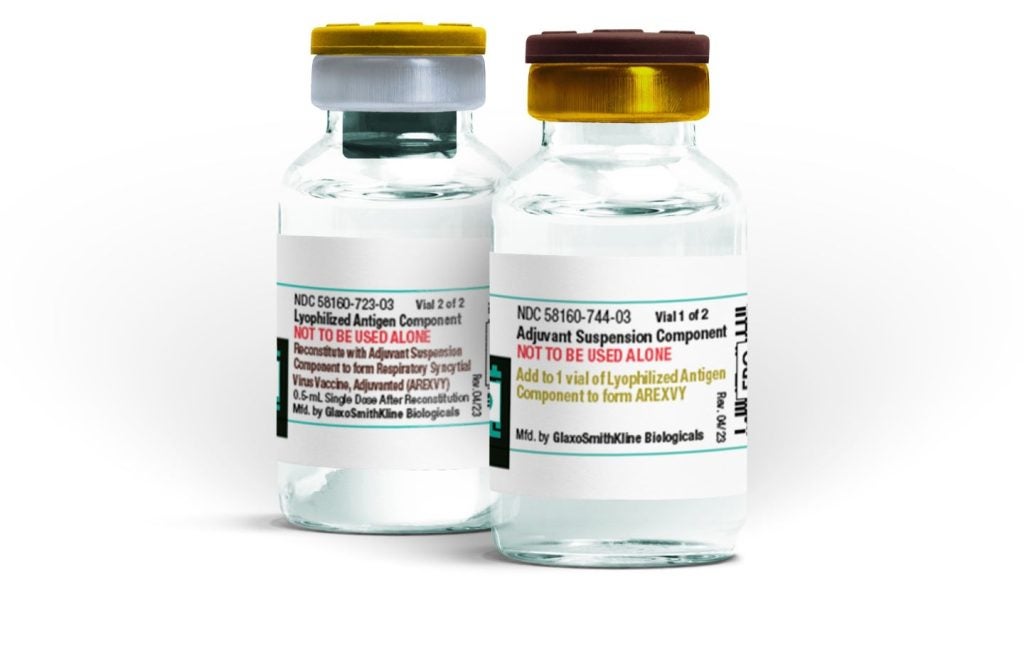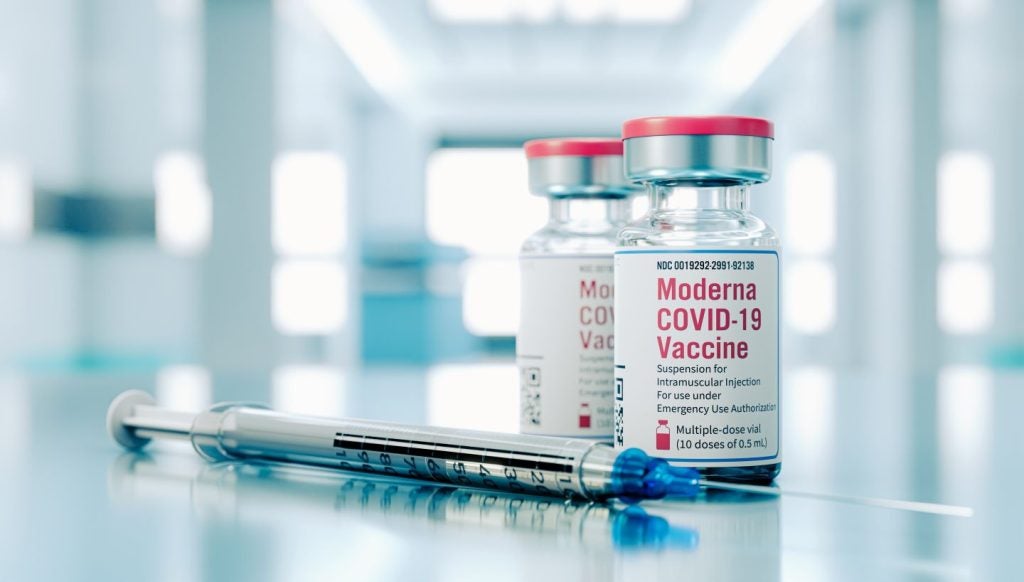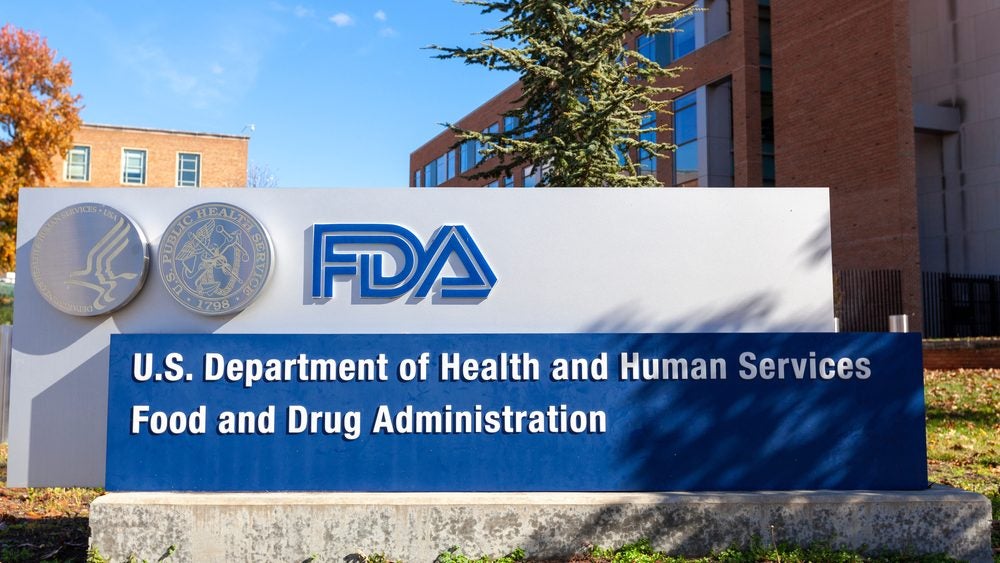The European Commission (EC) has approved Roche’s Alecensa (alectinib) as the first adjuvant treatment for adults with anaplastic lymphoma kinase (ALK)-positive non-small cell lung cancer (NSCLC) post-tumour resection with high recurrence risk.
The decision follows the positive results from the Phase III ALINA clinical trial.
The active-controlled, randomised, open-label, multicentre trial assessed the safety and efficacy of adjuvant Alecensa versus platinum-based chemotherapy.
The trial included 257 patients randomly assigned to either the Alecensa or the chemotherapy treatment arm, with disease-free survival as the primary endpoint.
Alecensa showed a 76% decline in the disease recurrence or mortality risk compared to chemotherapy.
An exploratory analysis also suggested an improvement in central nervous system disease-free survival, a crucial benefit for ALK-positive NSCLC patients who are more likely to develop brain metastases.
The safety profile of Alecensa in the trial was in line with previous studies without any unexpected safety findings reported.
Alecensa has already been established as a preferred treatment for advanced ALK-positive NSCLC and has been used to treat more than 94,000 patients with advanced disease worldwide.
The European approval comes after the US Food and Drug Administration's (FDA) authorised Alecensa for the same indication in April 2024.
The company seeks to make this treatment available to more patients globally through submissions to additional health authorities.
Roche Global Product Development head and chief medical officer Levi Garraway stated: “For the first time, people in Europe who have undergone surgical resection of ALK-positive NSCLC can be treated with an ALK inhibitor, which can significantly reduce the risk of disease recurrence or death.
“This is a landmark approval for people who have historically faced a high risk of their cancer returning after surgery. We are now able to bring the transformational benefits of Alecensa to even more people with ALK-positive lung cancer.”
In May 2024, the FDA granted a priority review for Roche’s inavolisib as a combination therapy with fulvestrant and Pfizer’s Ibrance (palbociclib) for breast cancer.
















